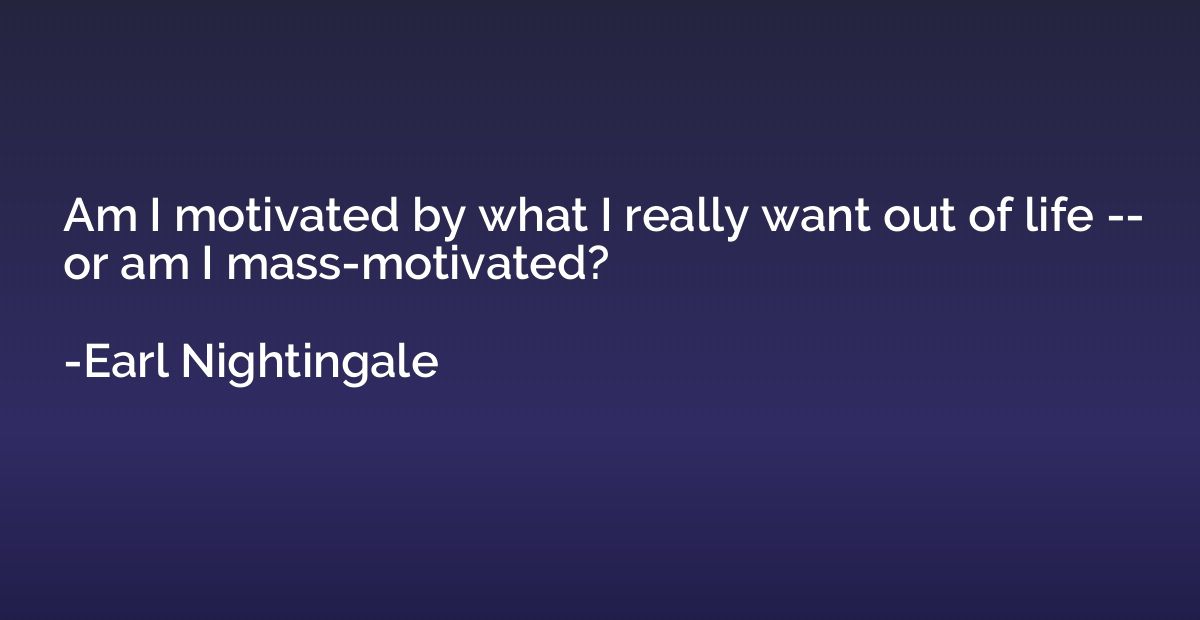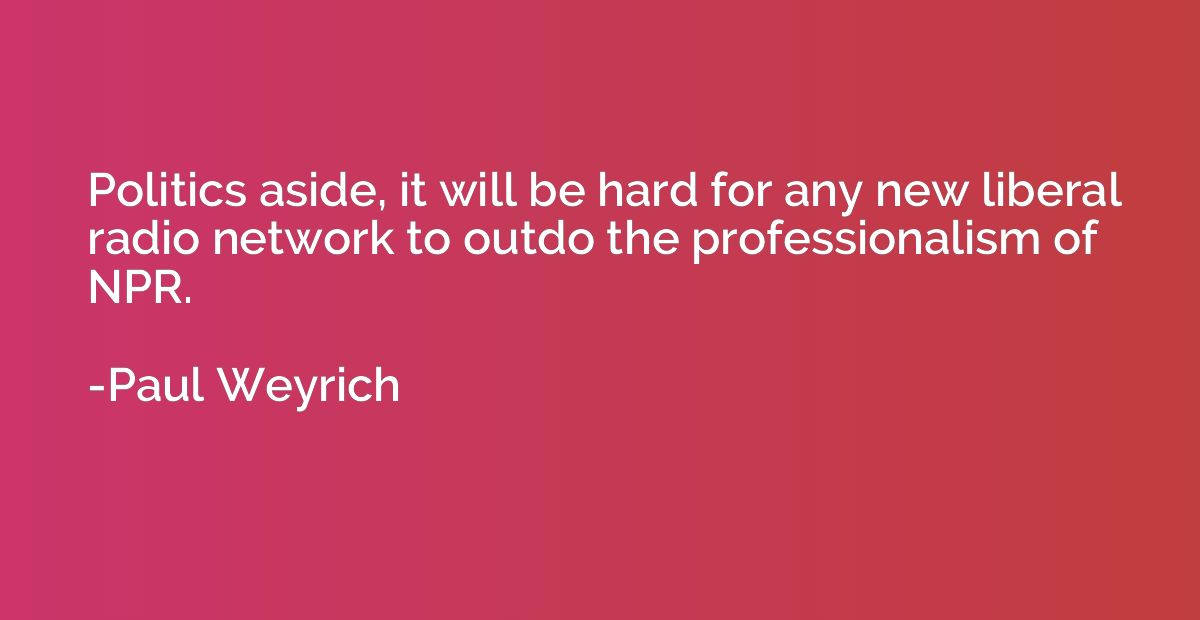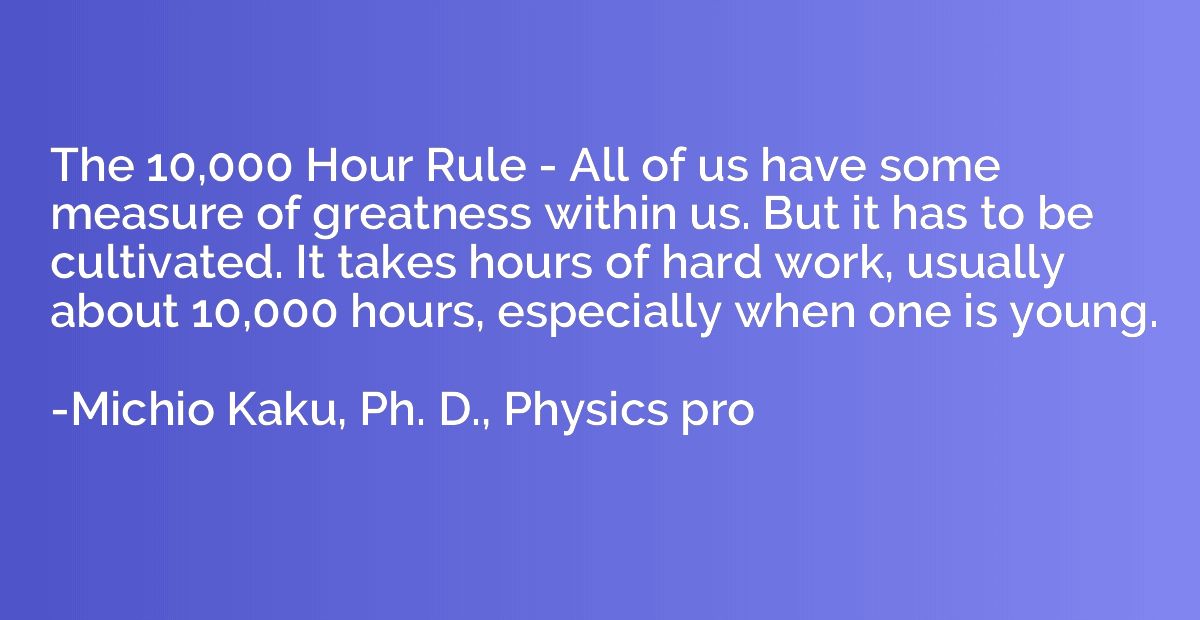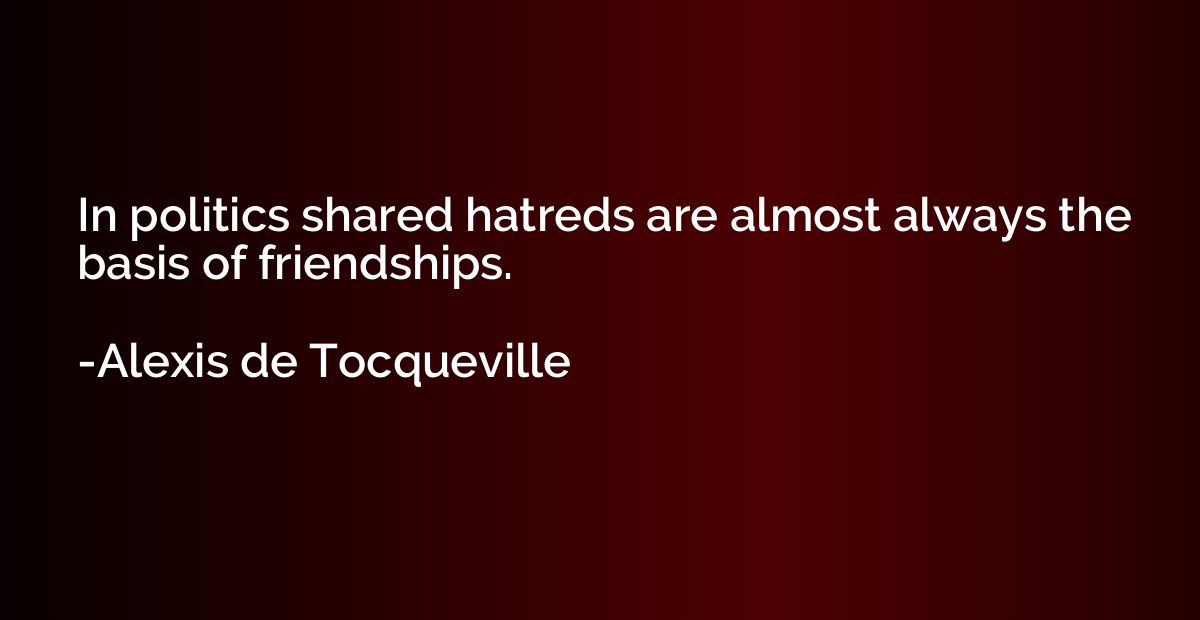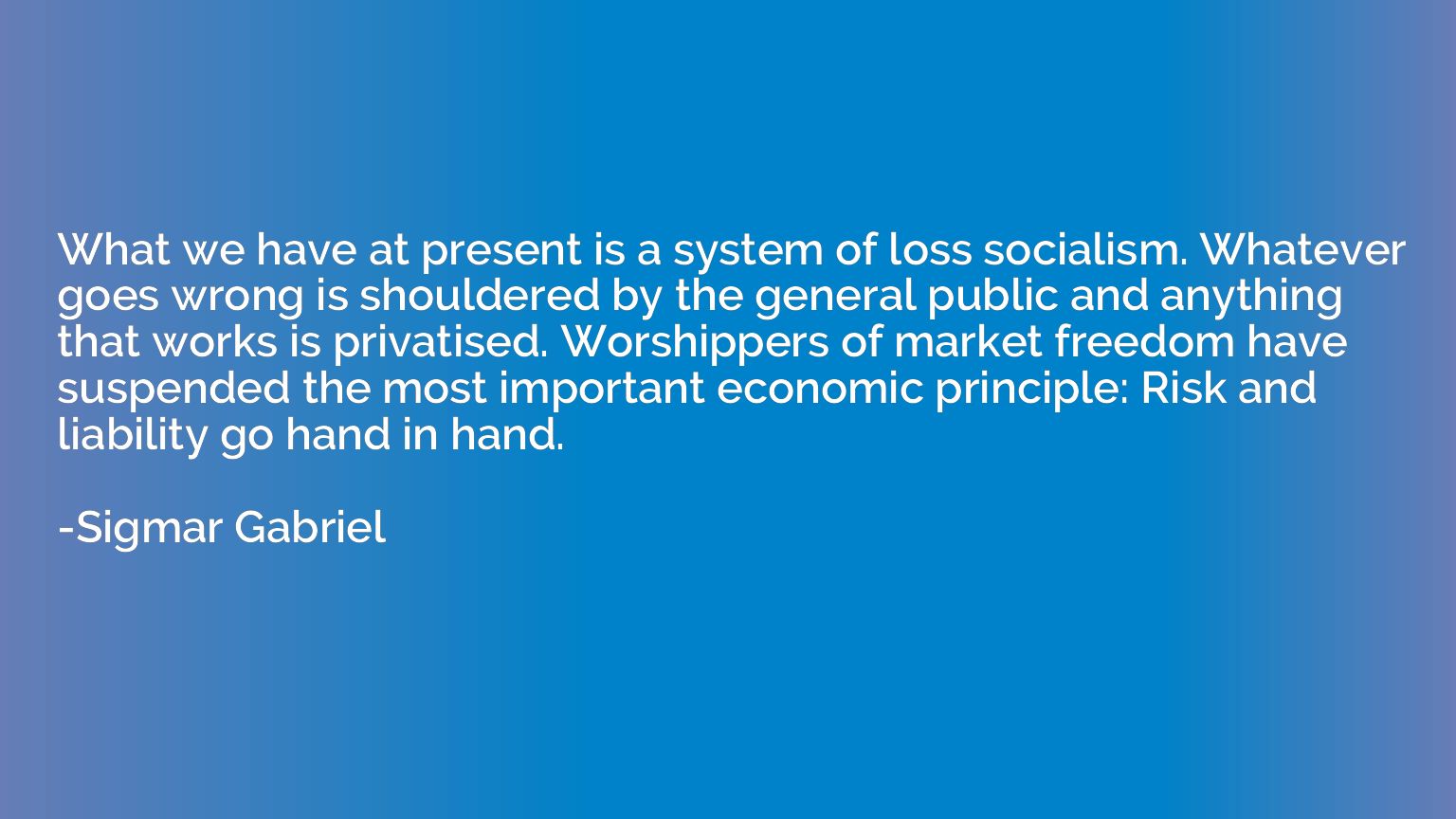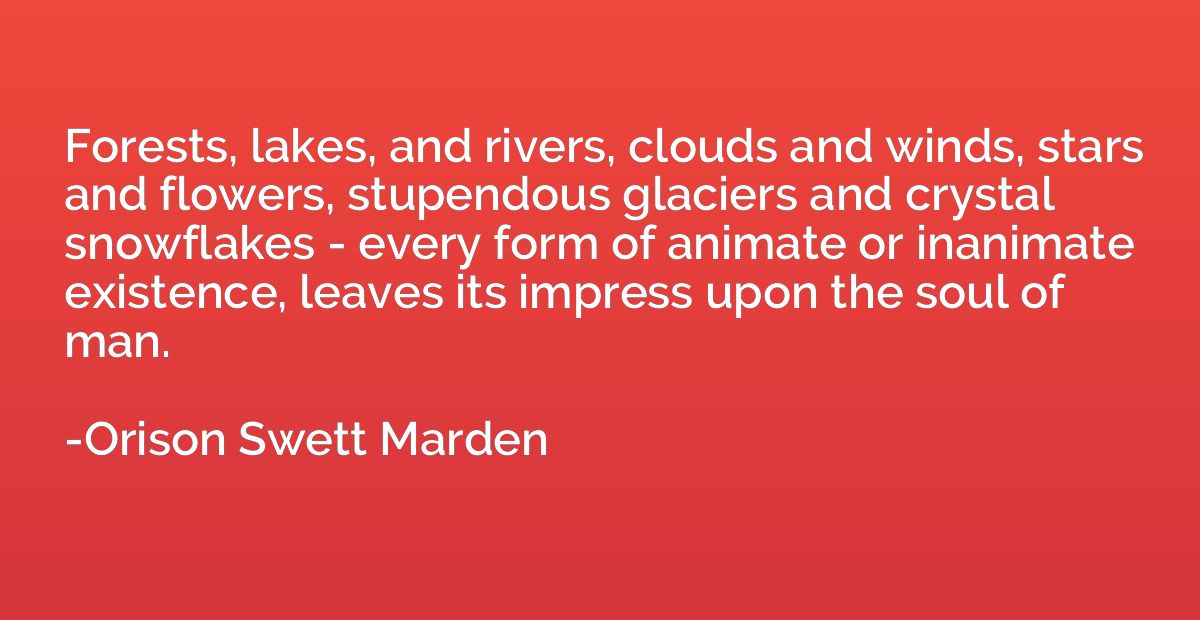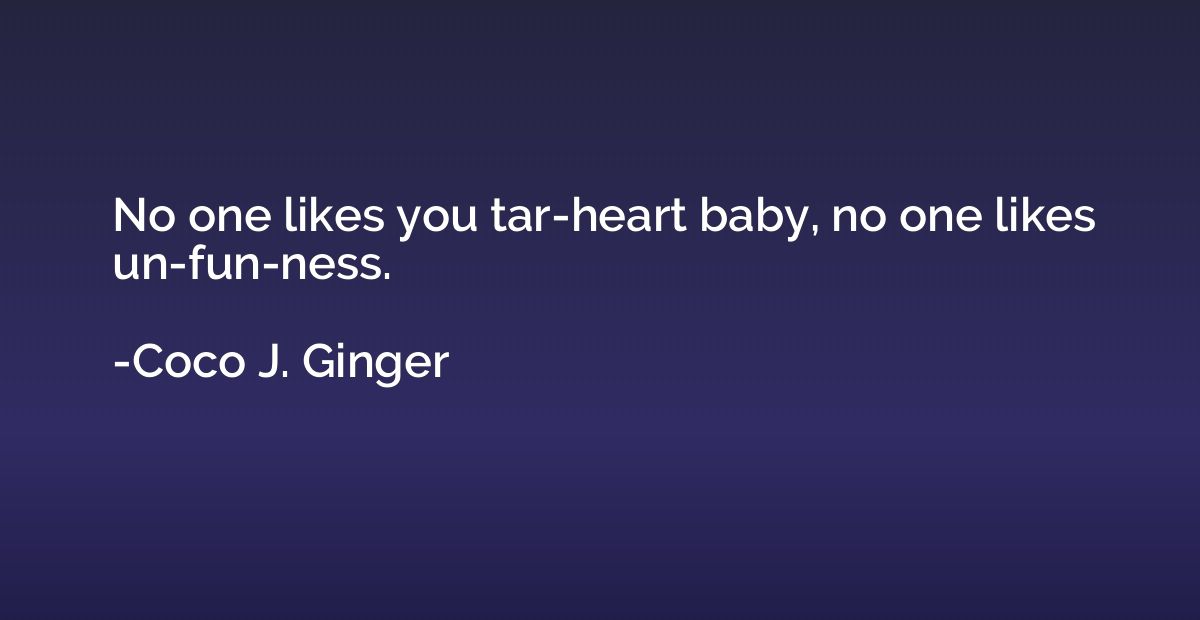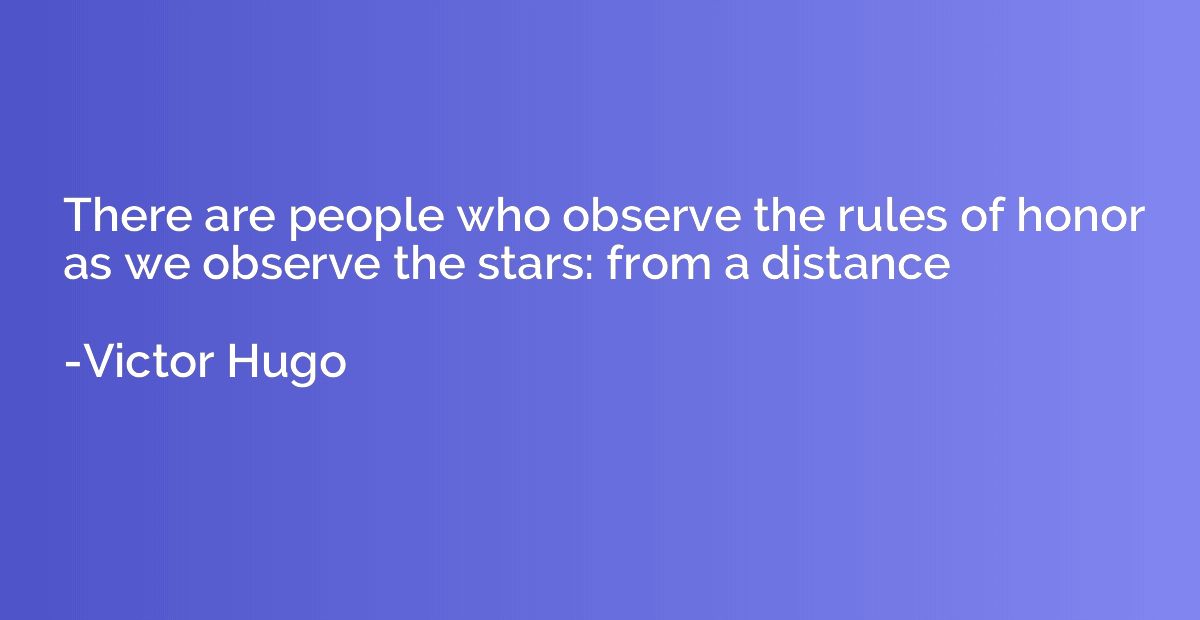Quote by Gilbert K. Chesterton
It is not funny that anything else should fall down only that a man should fall down. Why do we laugh? Because it is a gravely religious matter: it is the Fall of Man. Only man can be absurd: for only man can be dignified.
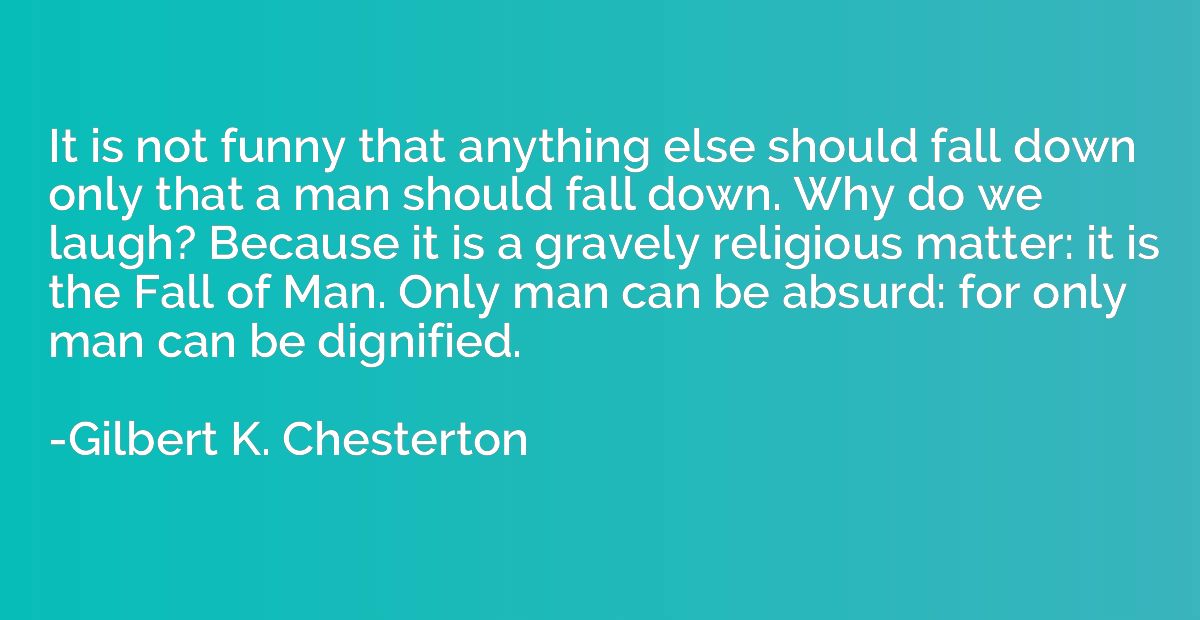
Summary
This quote by G.K. Chesterton suggests that the reason we find humor in people falling down is deeply rooted in our understanding of the Fall of Man, a religious concept denoting humanity's loss of innocence. Chesterton argues that laughter arises from the realization that humans, who possess dignity and nobility, are also capable of being absurd. This paradoxical combination evokes a profound reaction in us, contributing to the humor we find in such situations.




